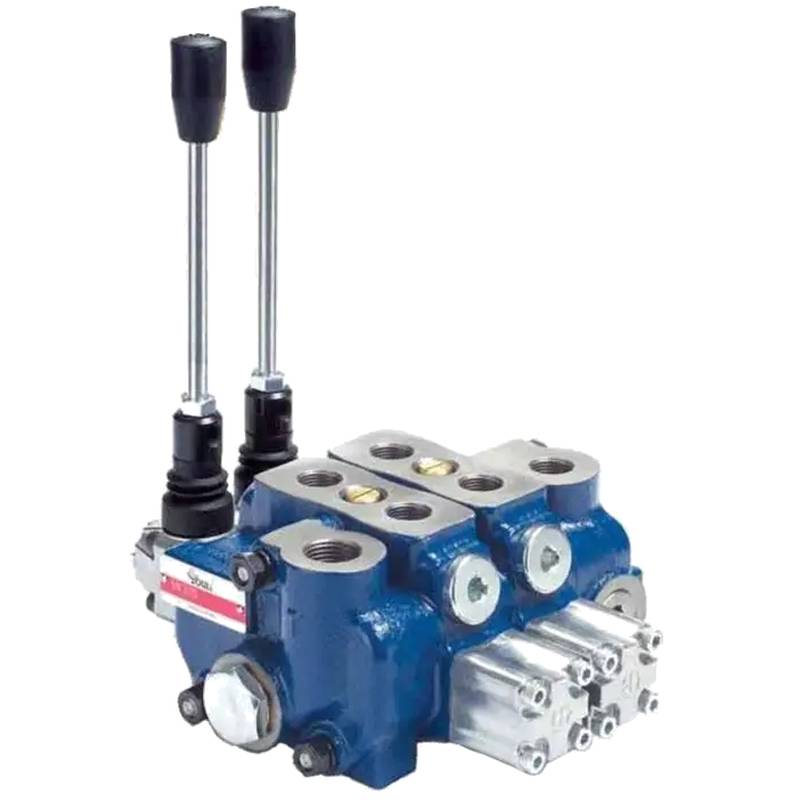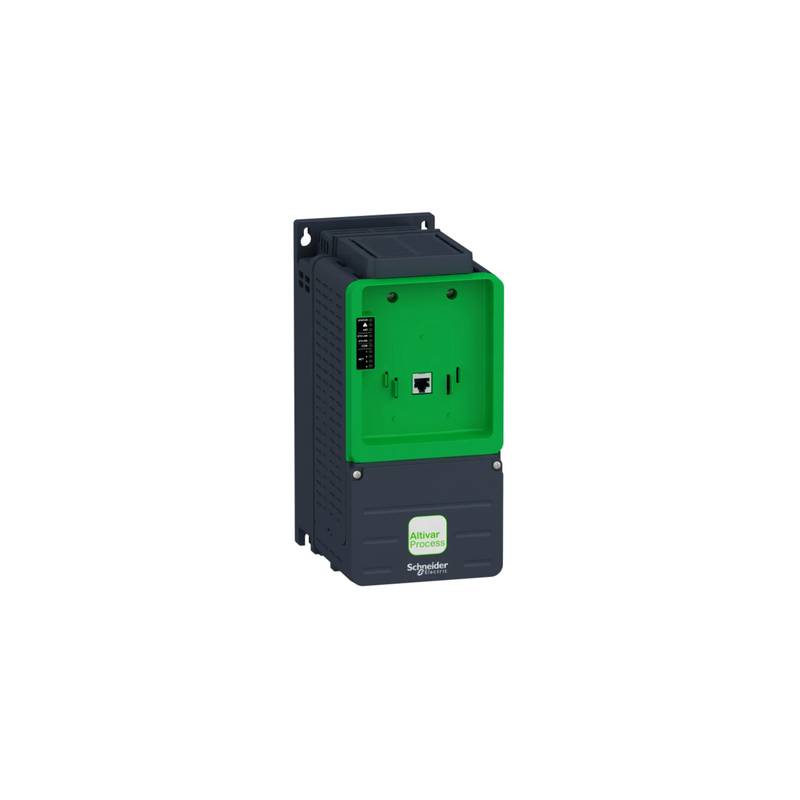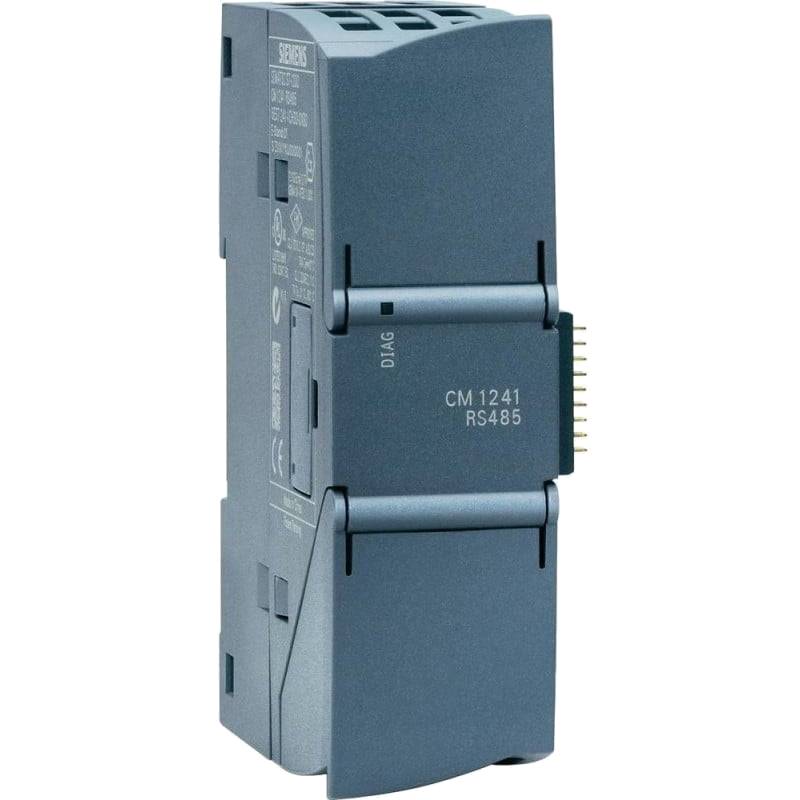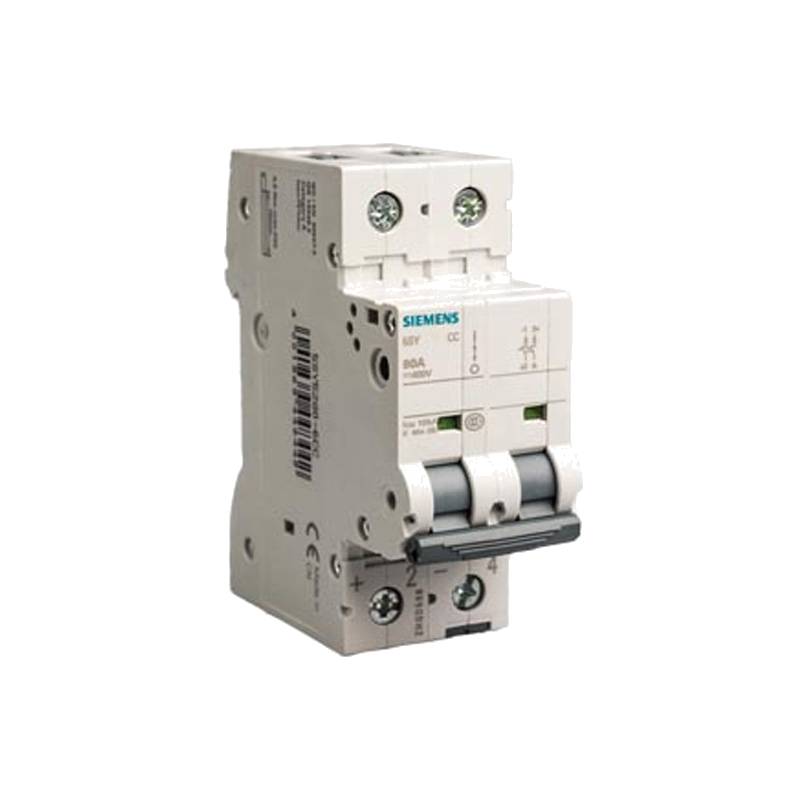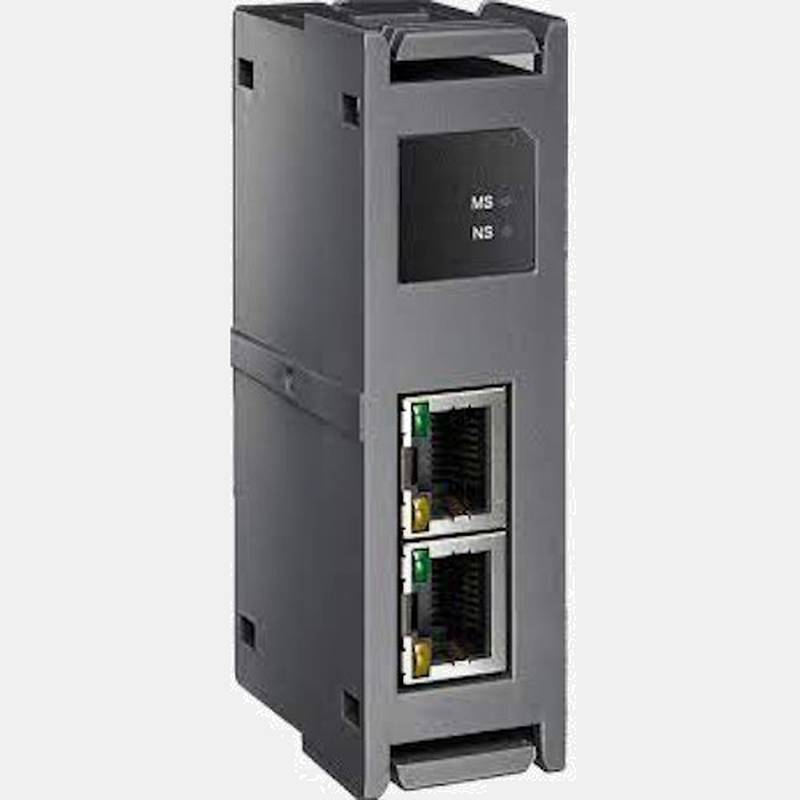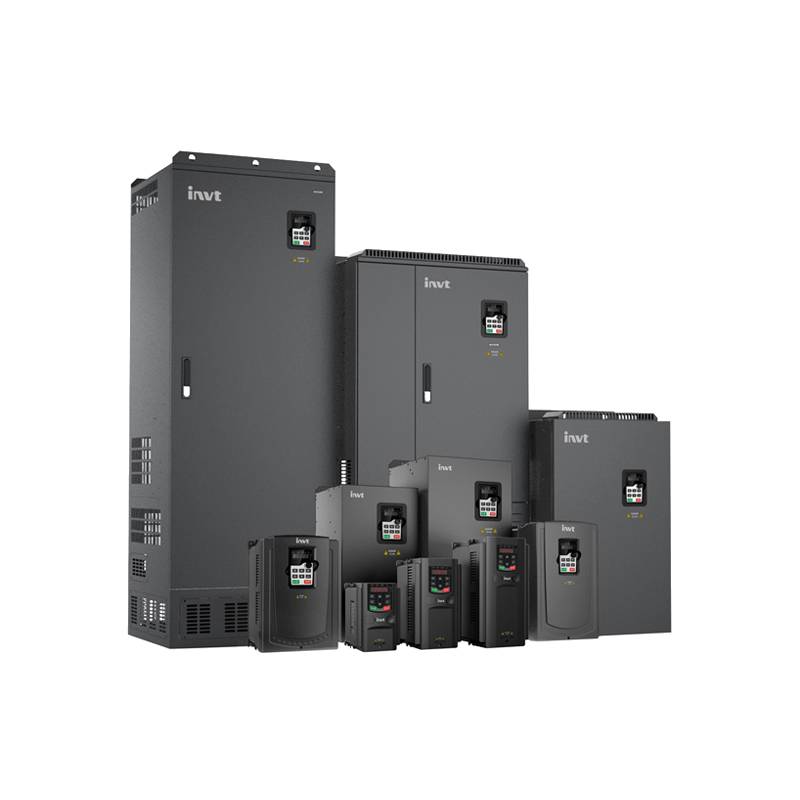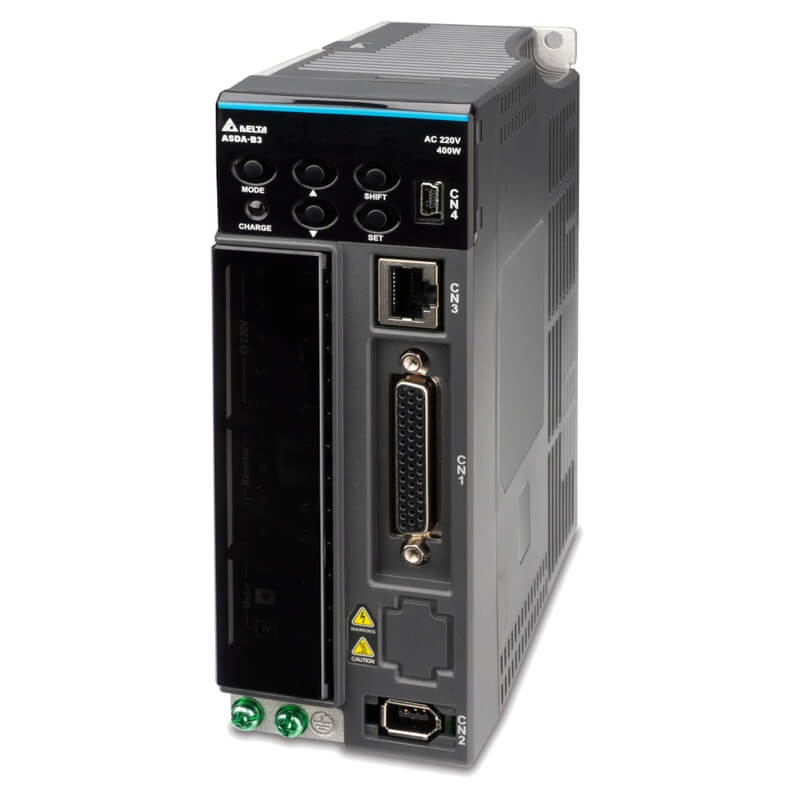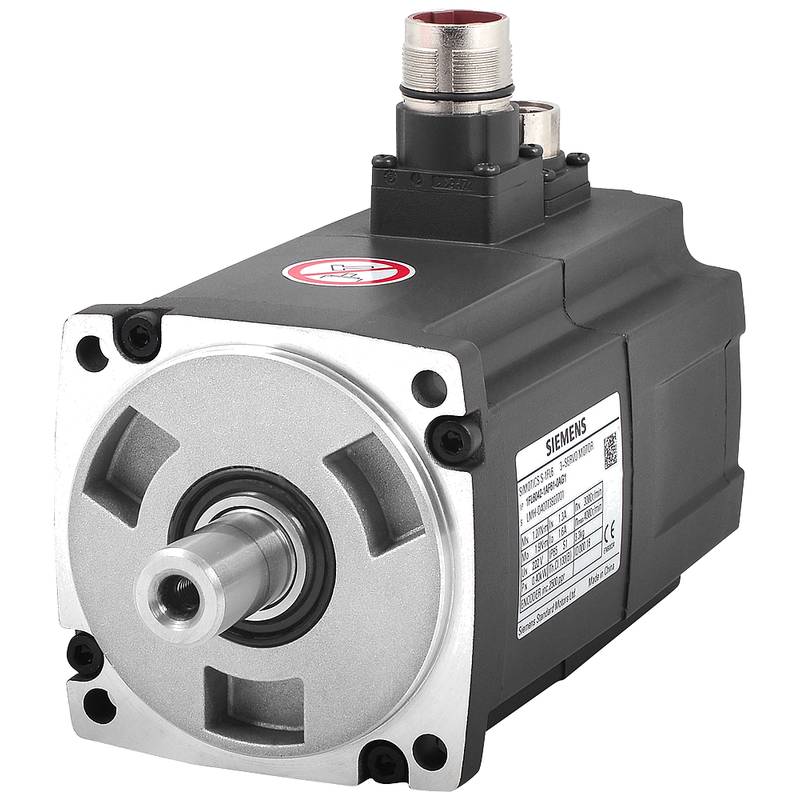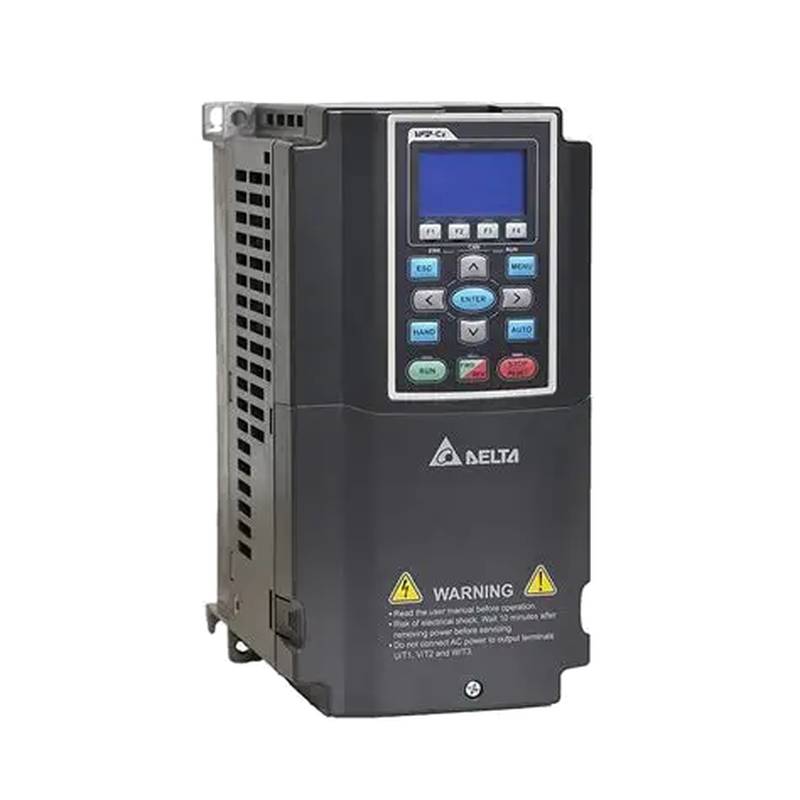
The YOULI SN-4/9S Standard 4-Way Multiple Control Valve is engineered for precision and reliability in demanding industrial environments, offering superior performance through its robust design and advanced functionality. This valve excels in applications requiring intricate flow control and directional management of pneumatic systems. Its key advantages include enhanced operational efficiency, durable construction for extended service life, and a compact footprint suitable for space-constrained installations. Critical technical parameters for the SN-4/9S include a working pressure range of 0.15-0.8 MPa (21-116 PSI), an operating temperature range of -5 to 50°C (23 to 122°F), and a maximum operating speed of 8 cycles per second. The valve features a standard port size of G1/4", ensuring broad compatibility with common pneumatic lines.
Product Specifications
| Feature | Specification |
| :------------------ | :--------------------------------------------- |
| Model | SN-4/9S |
| Type | Standard 4-Way Multiple Control Valve |
| Working Pressure | 0.15-0.8 MPa (21-116 PSI) |
| Operating Temp. | -5 to 50°C (23 to 122°F) |
| Max. Operating Speed | 8 cycles/second |
| Coil Voltage | AC 110V, 220V; DC 24V (options available) |
| Protection Class | IP65 |
| Insulation Class | F |
| Port Size | G1/4" |
| Lubrication | Not required |
| Actuation Type | Solenoid Operated |
| Seal Material | NBR |
Core Features & Market Positioning
The YOULI SN-4/9S distinguishes itself in the competitive landscape of industrial control valves through its robust construction and versatile application capabilities. Its design prioritizes longevity and consistent performance, making it a preferred choice for automation engineers seeking dependable pneumatic control solutions. The valve's inherent reliability reduces maintenance downtime and operational costs, positioning it as a high-value component in automated production lines. Its multiple control functions integrated into a single unit simplify system design and reduce the need for numerous individual components, offering a cost-effective and space-saving solution. The SN-4/9S is recognized for its precision in actuating pneumatic cylinders and managing air flow direction, critical for sophisticated automation tasks.
Key Application Scenarios
The YOULI SN-4/9S Standard 4-Way Multiple Control Valve finds extensive utility across various industrial sectors where precise pneumatic control is paramount. It is commonly deployed in automotive manufacturing for assembly line operations, actuating robotic arms, clamping mechanisms, and material handling systems. In the packaging industry, the SN-4/9S is instrumental in controlling the movement of conveyors, actuators for filling and sealing machines, and diverter gates. Its application extends to textile machinery, where it manages the intricate pneumatic sequences for automated loom operations and fabric handling. Furthermore, in general automation and robotics, this valve serves as a crucial component for controlling pneumatic actuators that require multiple directional changes and precise timing, underpinning complex machine functions.
Practical System Integration Guidance
Integrating the YOULI SN-4/9S into existing pneumatic systems is streamlined due to its standard G1/4" port size, ensuring compatibility with common tubing and fittings. For electrical integration, ensure the selected coil voltage (AC 110V, 220V, or DC 24V) precisely matches the control system's output to prevent damage and ensure proper operation. The valve's IP65 protection class indicates it can withstand dust and low-pressure water jets, allowing for installation in moderately harsh environments, but direct submersion should be avoided. When connecting pneumatic lines, verify all connections are secure to prevent leaks, which can impact system efficiency and responsiveness. Proper grounding of the solenoid is also recommended for electrical safety and optimal performance.
Operation and Risk Mitigation
Effective operation of the YOULI SN-4/9S relies on adhering to its specified working pressure and temperature limits to ensure longevity and prevent failure. Operating the valve outside its 0.15-0.8 MPa pressure range can lead to component stress or inadequate actuation. Continuous operation beyond the 50°C maximum temperature can degrade internal seals and electronic components. To mitigate risks, regularly inspect pneumatic connections for leaks and electrical connections for integrity. While the SN-4/9S is designed for lubricated or non-lubricated air, maintaining air quality by using filters upstream can extend its service life by preventing contamination of internal components. In the unlikely event of malfunction, consult the manufacturer's documentation for specific troubleshooting steps, often related to electrical supply or pneumatic port blockages.
Scalability & Long-Term Value
The YOULI SN-4/9S Standard 4-Way Multiple Control Valve offers significant long-term value through its inherent design principles and compatibility. Its modular construction facilitates potential replacements or upgrades of individual components, such as solenoids, without requiring a complete system overhaul. The valve's standard interface and reliable performance make it easily integrable into larger automation platforms and adaptable for future expansions of pneumatic control systems. As industries increasingly adopt IIoT and digital manufacturing strategies, valves like the SN-4/9S, when integrated with appropriate sensors and control logic, can contribute to enhanced data collection and remote monitoring capabilities, thereby supporting smart factory initiatives and predictive maintenance strategies.
Frequently Asked Questions (FAQs)
Q1: What is the primary function of the YOULI SN-4/9S valve?
The YOULI SN-4/9S is a 4-way pneumatic control valve. It directs airflow to two different actuator ports. This allows for precise control over cylinder extension and retraction.
It functions as a directional control valve in automation systems. This enables complex sequences of pneumatic movements. Its design ensures reliable operation in industrial settings.
This valve is essential for automating machinery. It provides the necessary pneumatic logic for many automated tasks. Its versatility makes it suitable for diverse applications.
Q2: What are the maximum and minimum operating pressures for the SN-4/9S?
The YOULI SN-4/9S operates effectively within a pressure range of 0.15 to 0.8 MPa. This equates to approximately 21 to 116 PSI.
Operating within this specified range ensures optimal performance and longevity of the valve. Exceeding the maximum pressure can cause damage. Insufficient pressure may lead to incomplete actuation.
Adhering to these pressure limits is crucial for system reliability. It prevents premature wear and potential component failure. Always consult system requirements before installation.
Q3: Can the YOULI SN-4/9S be used in environments with moisture?
The YOULI SN-4/9S valve features an IP65 protection rating. This means it is protected against dust ingress. It is also resistant to low-pressure water jets.
While it offers some protection against moisture, it is not designed for complete submersion. Continuous exposure to high-pressure water or immersion should be avoided. Proper ventilation is still recommended.
For applications in very wet conditions, additional protective measures or enclosures might be necessary. Always check the specific environmental demands of your installation.
Q4: Does the SN-4/9S require lubrication for its operation?
No, the YOULI SN-4/9S Standard 4-Way Multiple Control Valve is designed to operate without requiring lubrication. This feature simplifies maintenance significantly.
It can be used with either lubricated or non-lubricated compressed air. This offers flexibility in system setup and reduces operational costs associated with air preparation.
However, using clean, filtered air is always recommended. This prevents the ingress of contaminants that could affect performance over time.
Q5: What are the available coil voltage options for the SN-4/9S?
The YOULI SN-4/9S is available with multiple coil voltage options to suit various control systems. Common voltages include AC 110V and AC 220V.
It is also offered with a DC 24V option, which is widely used in industrial automation for safety and compatibility. Always confirm the correct voltage for your application.
Using the incorrect voltage can lead to malfunction or damage to the solenoid coil and control circuitry. Ensure precise electrical compatibility before connecting.
Q6: What is the significance of the G1/4" port size on this valve?
The G1/4" port size indicates the standard thread diameter for pneumatic connections. This ensures broad compatibility with common industrial tubing and fittings.
This standard sizing simplifies installation and maintenance. It allows for easy integration into existing pneumatic circuits without specialized adapters.
Engineers can readily source compatible components, reducing project lead times and costs. It ensures a secure and reliable connection for air supply and exhaust.
Q7: What is the maximum operating speed of the YOULI SN-4/9S valve?
The YOULI SN-4/9S valve is rated for a maximum operating speed of 8 cycles per second. This speed is suitable for many high-throughput industrial applications.
This rate allows for rapid actuation and de-actuation of pneumatic cylinders. It contributes to the overall efficiency of automated processes.
Exceeding this speed consistently could lead to increased wear on internal components. It is important to operate the valve within its specified performance parameters.
Q8: How does the IP65 rating benefit the installation of this valve?
The IP65 rating signifies a high level of protection against environmental factors. It protects against dust and low-pressure water jets from any direction.
This makes the SN-4/9S suitable for installation in many industrial environments. It can withstand washdown procedures and dusty conditions more effectively.
This protection reduces the risk of internal contamination or water damage, leading to increased reliability and a longer service life in challenging settings.
Q9: What are common industrial applications for a 4-way control valve like the SN-4/9S?
4-way control valves are crucial for actuating double-acting pneumatic cylinders. These cylinders are common in robotics for pick-and-place operations. They are also used in assembly machines for clamping and pressing.
In material handling systems, they control pneumatic grippers and diverters. These valves manage the precise movements needed for sorting and conveying products efficiently.
Their ability to control both extension and retraction makes them indispensable for complex automation sequences. They are found in packaging, automotive, and textile machinery.
Q10: What is the insulation class of the YOULI SN-4/9S, and why is it important?
The YOULI SN-4/9S features an Insulation Class F rating. This indicates the thermal capability of the insulating materials used in the solenoid coil.
Class F insulation can withstand higher operating temperatures compared to lower classes. This provides greater reliability and a longer lifespan, especially in demanding or continuous-duty applications.
It ensures the electrical components can operate safely and effectively under normal and slightly elevated thermal conditions, contributing to overall system robustness.














